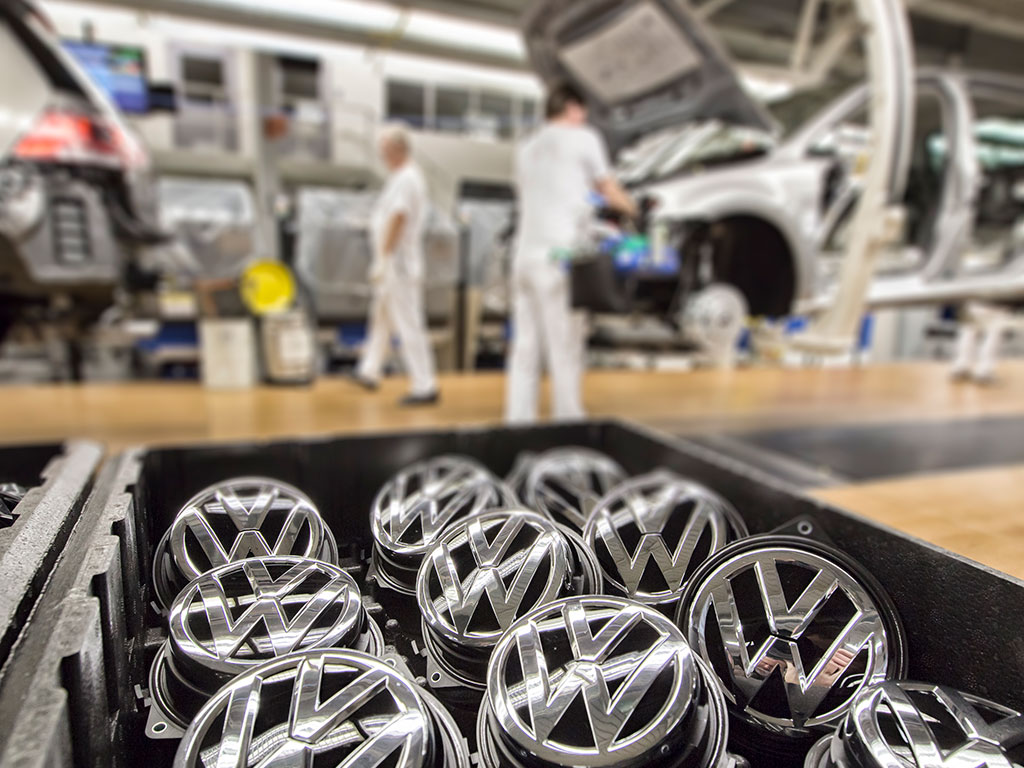German carmakers snap up Nokia’s map business
VW, BMW and Daimler agree to purchase Nokia’s HERE mapping division in €2.8bn deal

A Volkswagen production line. The car manufacturer is one of three to acquire HERE - Nokia's acclaimed mapping division
After months of speculation, Nokia has continued its restructuring plans with the sale of its HERE mapping division to a group of German carmakers. The deal, worth €2.8bn, will see three manufacturers – BMW, Volkswagen and Daimler – acquire the highly rated mapping technology from Nokia, in a move that is seen a response to ambitions by tech giants to enter the auto industry.
While HERE was widely praised as a credible alternative to Google’s Maps service, it failed to gain much traction
with consumers
Nokia has been looking to sell off HERE since April, after Rajeev Suri, the CEO who took control of the company last year, unveiled plans to shake up the business and return it to its former glory. While HERE was widely praised as a credible alternative to Google’s Maps service, it failed to gain much traction with consumers. It had been speculated that mobile taxi service Uber wanted to buy the mapping platform, while a number of Asian smartphone makers were also looking at the app.
However, carmakers have been eager to acquire the valuable tech as a way of cutting their reliance on some of the tech world’s biggest players. With talk of both Apple and Google looking at entering the car industry, integrating their various digital services, traditional manufacturers have been searching for ways to remain ahead of the pack.
Announcing the deal, the consortium said that the deal will help ensure they remain at the forefront of the car industry’s push into the digital age. “The acquisition is intended to secure the long term availability of HERE’s products and services as an open, independent and value creating platform for cloud-based maps and other mobility services accessible to all customers from the automotive industry and other sectors.”
Nokia’s future remains unclear. There has been talk that it might try to reenter the mobile phone market after an unsuccessful partnership with Microsoft ends in 2016. It has also continued to invest heavily in its telecommunications business, announcing in April a €15.6bn deal to acquire French equipment firm Alcatel-Lucent.













